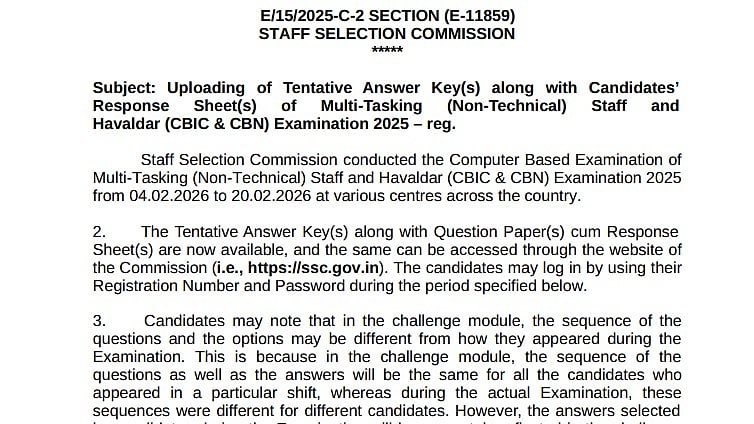On the eve of World Elder Abuse Awareness Day, HelpAge India released a national report titled "Women & Ageing: Invisible or Empowered?" at a press conference held at the Marathi Patrakar Sangh. The report sheds light on the prevalence of elder abuse and discrimination, economic conditions, social and digital inclusion, safety and security, and redressal mechanisms. The study covered 20 states, two union territories, and five metro cities.
Alarming Figures of Elder Abuse
According to the national report, over fifty percent of elderly women in India perceive elder abuse as prevalent. This perception was higher in Maharashtra and Mumbai compared to the national average. While actual abuse cases involving elderly individuals accounted for 16 percent in India, it rose to 23 percent in Maharashtra and 14 percent in Mumbai. "Most women who face abuse do not speak about it. So the figures about what is considered to be prevalent is what we think is the most appropriate to gauge the kind of abuse that elderly face. In India, 52 % older women consider elder abuse to be prevalent in India, in Maharashtra 63 % and Mumbai 57 %," said Valerian Pais, joint director-programme Maharashtra & Goa.

Perpetrators and Forms of Abuse
The report reveals that sons are the primary perpetrators of elder abuse, followed by relatives and daughters-in-law. The abuse takes various forms, with physical abuse accounting for 50 percent, disrespect for 46 percent, and emotional/psychological abuse for 40 percent of cases. "Elderlies have desisted from talking about abuse for fear of retaliation," said Pais.
He was joined by Nirmala Samant Prabhavalkar, former Mumbai Mayor, Utkarsha Rupawate, member Maharashtra State Commission for Women and Vijay Aundhe, a senior citizen and Praful Borgaonkar, Pais's predecessor.
Additional Findings
The report highlights other significant findings, including:
66 percent of women do not possess any assets.
74 percent are not engaged in any form of work.
75 percent have no savings.
48 percent suffer from at least one chronic condition.
64 percent of elderly women face social discrimination based on their marital status.
43 percent express fear of harm.
60 percent have never used digital devices for communication or accessing services.
Call for Action
During the conference, speakers stressed the importance of raising awareness through campaigns, strengthening and implementing existing laws, and improving redressal mechanisms to ensure a decent life for the elderly.
"Despite there being a law, due to low awareness, rights are not known to the elderly. They are not versed in the digital world so they also are more vulnerable to problems. But if they want money, they can ask their children. They can even ask to return their property by approaching the collector office if need be. These days you never know how a one would act so you can also ensure that they back them," said Prabhavalkar
"Elderly are the wealth of our culture. It is because of them that we learn so many things. Today, I am a Buddhist married to an OBC. My son goes to Shani mandir, dances at Ganpati and Babasaheb Ambedkar Jayanti celebrations with equal zeal. This has been possible due to the values inculcated by them," said Rupawate.





